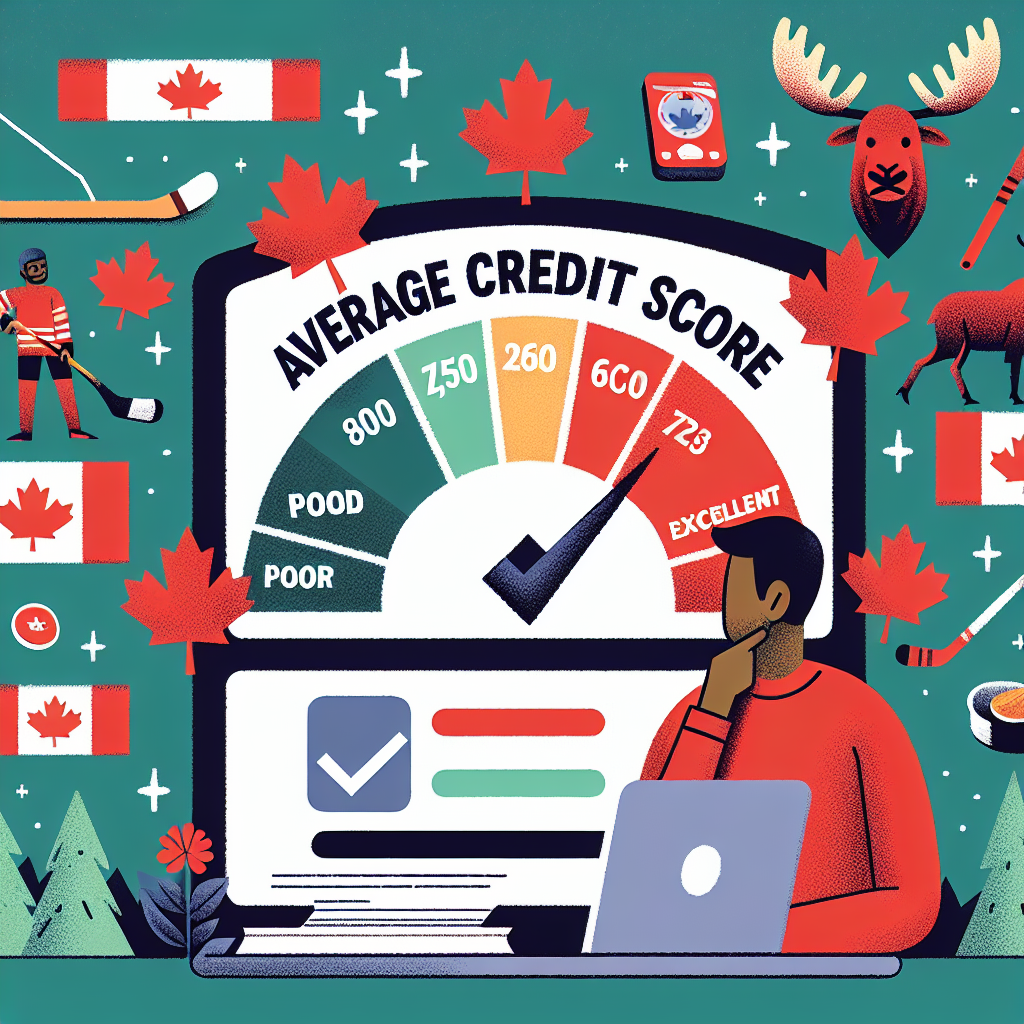Understanding the intricate dynamics of Canadian credit scores can be daunting, especially in 2024, where the impact of closing accounts has never been more critical. Many Canadians find themselves in situations where they consider closing credit accounts, whether due to high fees, inactivity, or a desire to simplify finances. However, the Canadian credit score impact of closing accounts in 2024 can lead to unexpected consequences that may hinder financial goals. This article delves deep into these repercussions, revealing essential insights and strategies that every Canadian should know.
The Consequences of Account Closures on Credit Scores
When a consumer decides to close a credit account, the immediate effect on their credit score may not be glaringly apparent. However, the repercussions can be far-reaching and potentially detrimental in the long run. One significant factor is the credit utilization ratio, which compares the total credit used to the total credit available. Closing an account reduces overall credit limits, possibly increasing the utilization percentage and, consequently, lowering the credit score. This scenario is particularly crucial for those who have already utilized a substantial portion of their available credit.
Another often-overlooked consequence is the history of credit accounts. Credit scores benefit from a long credit history, which demonstrates reliability and responsible behavior. When an account is closed, especially one in good standing, it can shorten the average age of the accounts in the credit report. A younger average age can signal to lenders that the individual is less experienced with credit, which can negatively impact the credit score and hinder future borrowing opportunities.
Additionally, closing accounts can trigger a cascade of adverse effects, particularly concerning future loan applications. Lenders typically assess not only the credit score but also the overall credit profile. A credit report with fewer accounts may raise red flags, leading to higher interest rates or even denial of credit applications. For Canadians looking to make significant purchases—like homes or vehicles—understanding how closing accounts can affect their creditworthiness is vital to maintaining financial health.
Key Factors Affecting Canadian Credit Ratings in 2024
As we navigate 2024, several key factors influence Canadian credit ratings beyond the closing of accounts. One fundamental aspect is payment history, which remains the most significant contributor to credit scores. Consistently making on-time payments is crucial, as late or missed payments can have long-lasting effects, potentially overshadowing any positive credit behaviors. Therefore, maintaining a robust payment history should be a priority for anyone aiming to enhance their credit score.
Another critical factor is the mix of credit types. Credit bureaus favor a diversified credit portfolio that includes a mix of revolving credit (like credit cards) and installment loans (like car loans or mortgages). Closing a credit account can disrupt this balance, particularly if it is one of the few revolving accounts held. Canadians must consider how their decisions align with maintaining a healthy credit mix, as a well-rounded portfolio can enhance credit profiles.
Finally, inquiries into credit can also play a role in determining credit ratings. Hard inquiries—those initiated by lenders when assessing creditworthiness—remain on the credit report for two years and can temporarily lower credit scores. In 2024, Canadians must be mindful of how their credit-seeking behavior interacts with account closures. For instance, if one closes an account and then rapidly applies for new credit, the combined effect of multiple inquiries can further exacerbate score declines.
Understanding the Canadian credit score impact of closing accounts is essential for anyone looking to manage their financial future effectively. By recognizing the multifaceted consequences of closing credit accounts and the key factors that influence credit ratings in 2024, individuals can make informed decisions that align with their financial aspirations. Take proactive measures to maintain a healthy credit profile—consider alternatives to closing accounts and ensure that your credit utilization, payment history, and credit mix remain robust. Engage with your credit regularly to stay ahead of potential pitfalls and to position yourself optimally for future financial endeavors. Your credit score is not just a number; it is a gateway to your financial freedom and stability.
Navigating Credit Report Corrections in Canada: 2024 GuideExploring 2024 Options for Canadian Credit Card Debt ConsolidationDebunking 2024 Myths About Canadian Credit ScoresRelevant LinkRelevant LinkRelevant LinkNavigating Credit Report Corrections in Canada: 2024 GuideExploring 2024 Options for Canadian Credit Card Debt ConsolidationDebunking 2024 Myths About Canadian Credit ScoresRelevant LinkRelevant LinkRelevant LinkNavigating Payday Loans in Canada: A Bad Credit DilemmaExploring Alberta’s Online Payday Loan Landscape: Risks and RealitiesNavigating the Payday Loan Landscape in Victoria, BCRelevant LinkRelevant LinkRelevant Link



